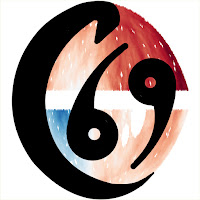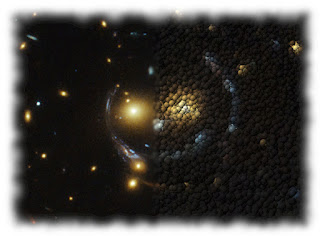What is the purpose of fundamental science? In my eyes to create a deeper understanding of Nature, to explore relations between phenomena in any possible way that yields new insights. On top, there are other issues to be taken into account, namely, can we afford to do this in the face of more pressing needs, for instance, looking at the increasing demands and costs in energy, and do we provide respectable (living) conditions for people doing research in academia to foster true progress and value the life time people invest in this quest? Here are answers I discovered on my journey. The astrophysical methods my colleagues and I have developed and tried to establish meet the first two criteria and I am very proud and happy that, even after 100 years of modern cosmology, big advancements can still be made in theory and methodology to increase our knowledge and save resources at the same time. Apart from that, the power of mathematics and human understanding allows us to deline...





